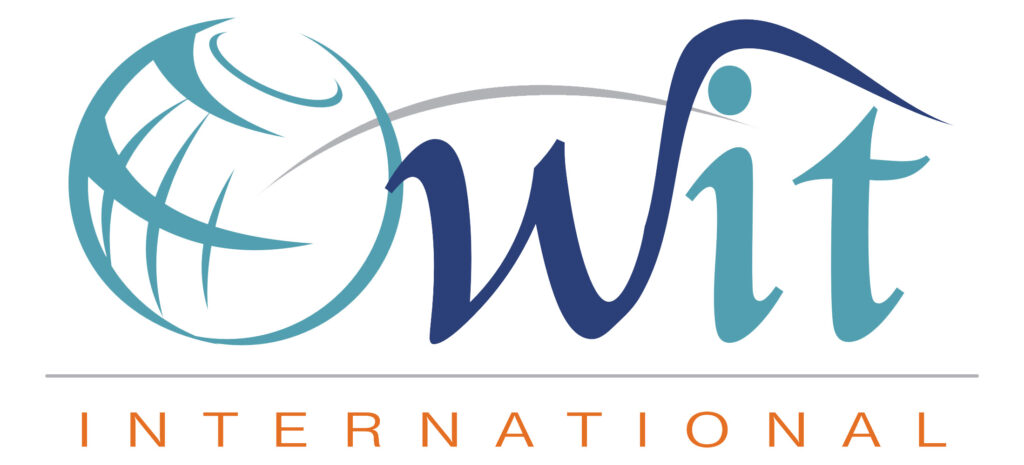The joint report by the World Bank Group and the World Trade Organization on the role of trade in promoting women equality, states as follows: “Trade can dramatically improve women’s lives, creating new jobs, enhancing customer choice, and increasing women’s bargaining power in society. But women’s relationship with trade is complex, as it can also lead to job losses and a concentration of work in lower-skilled jobs. To ensure that trade enhances opportunities for everyone regardless of gender, policymakers should assess the potential impact of trade rules on various groups of people and develop policy responses based on evidence.” The report seeks to build on new analysis and new sex-disaggregated data to advance understanding on the relationship between trade and gender equality and to identify a series of opportunities through which women can gain from trade. Women face various challenges in trade and this article articulates just a few of them.
The risks of trade include the inability to access credit, capital or any form of decent financing. There are many sources of capital available for women-owned businesses, such as venture capitalists, banks, and government financed funds, amongst other sources. To build an export business requires substantial amounts of money available for the long haul. Most business financing solutions finance a need (for example, an asset), which is good financing no doubt. However, for the asset to gain economic value, the supply of raw materials, as well as the operational costs necessary to create that economic value, must also be financed. There are organizations with machinery that cannot afford working capital to run the business. The wholistic assessment of business needs is extremely critical, rather than assessing only one area that the financial institution can finance. Most women-owned businesses are informal and small in size, do not have very attractive cashflows and lack adequate business projections, but could be viable businesses if a more wholistic approach, including how they are organized and managed, were taken into consideration.
The logistical nightmare is that many women traders only are able to export their products in small quantities. They export artefacts, textiles, grains and cereals, and tea amongst other products that they produce. The products are exported in small quantities to different destinations around the world. As these products are not in large quantities, women traders opt to transport them through air in baggage bags or through courier companies who ferry small packages. They are not able to afford enough quantity to hire a container, which could be much cheaper form of transport. The risks for this kind of transport it is that there is a high cost of transport, hence increasing the cost of the goods and increasing the risk of loss of products. Accordingly, the export market looks particularly unattractive to small scale businesses and especially women in export. The logistics companies are designed to cater to large companies who are able to produce products in large volumes and transport goods around the world. We need logistical solutions that are able to aggregate smaller packages from small scale women-owned businesses for export to different destinations.
Access to export information is another huge risk for women exporters. Large companies have the financial muscle to employ trade professionals whose daily activities are to handle their export licensing, certifications, and compliance with the numerous rules and regulations. They are assured that as they undertake their export businesses, they have ticked all the boxes, complied with all the laws, acquired all the licenses and their products are ready, they will reach their destination with 100% compliance. In contrast, a woman exporter will have to call all the people she knows on her contact list to ask them how they dealt with their last export, do a online research to dot all the i’s and cross the t’s, and call a friendly clearing agent in order to ensure she is ready to export. Due to lack of this critical knowledge, most women exporters undervalue their exports and end up incurring huge losses. In other cases, their goods are rejected at the entry points of destination due to the lack of compliance of one or more regulations that they may not have had any prior knowledge of. Women exporters require well packaged information to enable them to concentrate on their craft and export efficiently. There should be adequate resources set aside to enable exporting to take place.
Trade documents necessary for export include, for example, trade agreements, export licenses, bills of landing, and letters of credit – all documents with a legal jargon or unfamiliar language, which is a huge hindrance and creates a barrier to trade for women small businesses. A woman trader has her goods ready for export but another hurdle presents itself: the challenge of consuming the trade related information in these documents.
Most women, after many times of trial, error, drive and tenacity, are able to master the art of export. The next big risk will then present itself – the inability to scale the business. The export-oriented venture requires that once you commence the journey and connect with your foreign customer (who is ready to consume your goods), then the business growth takes up an upward trajectory. The orders start coming in but finds a business owner with limited knowledge on how to scale. One needs to gain knowledge of how to scale a local enterprise to an export business; find knowledgeable staff members to assist in steering the organization, and find affordable business advisory services, amongst other challenges that prevent these businesses from scalinge. We have women who have abandoned the export business because they do not have the capacity to arrange and grow an export business. Women-owned businesses require access to continuous support in skill, strategy and financing. There is also great need for continuous mentorship and capacity building.
Caroline Gathii,
Risk and Governance Expert,
President, OWIT Nairobi



One Comment